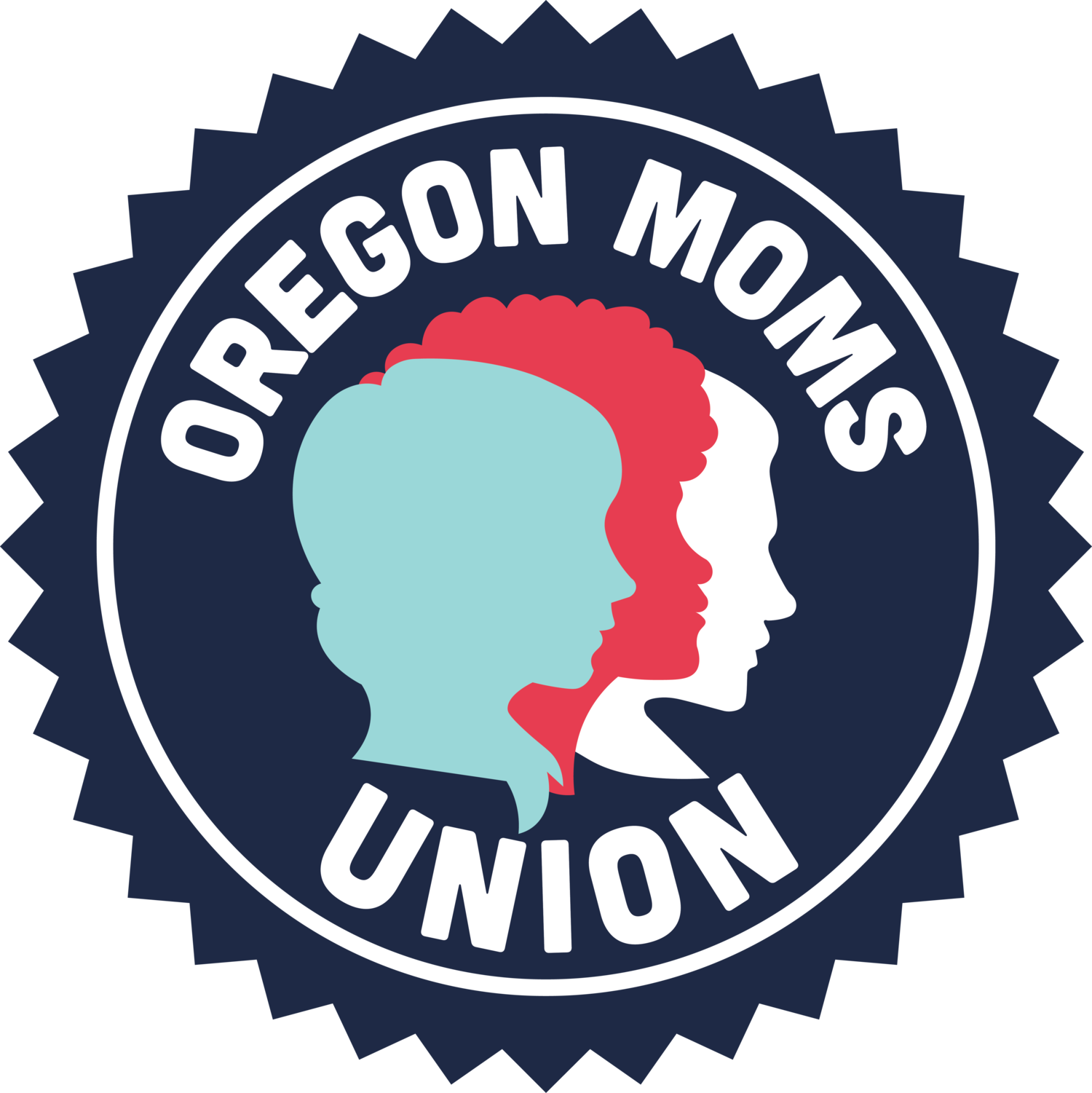
OMU’s Back-to-School Guide:
Toolkit for Parents
How to navigate the Oregon education system and make informed K-12 learning decisions
While we know that teachers can provide children with a great deal of learning, we also know with certainty that children learn first from their parents and guardians. When adults show interest and get involved in their children’s education, it makes a positive difference in both their local district, as well as their child’s learning experience. Oregon Moms Union supports all K-12 parents in whatever choices they determine best for their students’ education. Each child comes from their own unique background: culture, values, religion and personal preferences and each child has their own mental and emotional stage of understanding that may be below or above grade level. This is why OMU supports the voice and choice of parents throughout their child’s education.
OMU created the Back-to-School Guide: Toolkit for Parents to support parents as they navigate the many (not so known) decisions that can be made for students in Oregon’s education system. This tool kit is a resource, a guide. This guide is designed to provide information for guardians to make informed decisions for their child’s upcoming school year. For those families moving mid year, it’s likely the information shared at the beginning of the school year by the school regarding the opt out process and specific lesson dates is not provided during a student’s later start date. There could be topics that have not been known or considered, while others are more well known procedures. This is okay! Like students, parents are on their own learning curve through the education system. Please, take a look through the toolkit and feel free to use any or all of the resources we have made available because parents matter.
Opt Out Form
Our friend Jeff over at Save our Schools created this opt out form to allow parents to opt out of topics that may be of concern to your family. This form can help you opt out of subjects and services including:
Comprehensive Sex Education program or specific sections
Physical and mental health screenings
Student surveys and research studies
Controversial, radical, and discriminatory programs, subjects, lessons, and more!
Every school or district may have a different policy for opting out, and may have their own forms and processes for opting out. Check with your school administrator for more information about their process.
